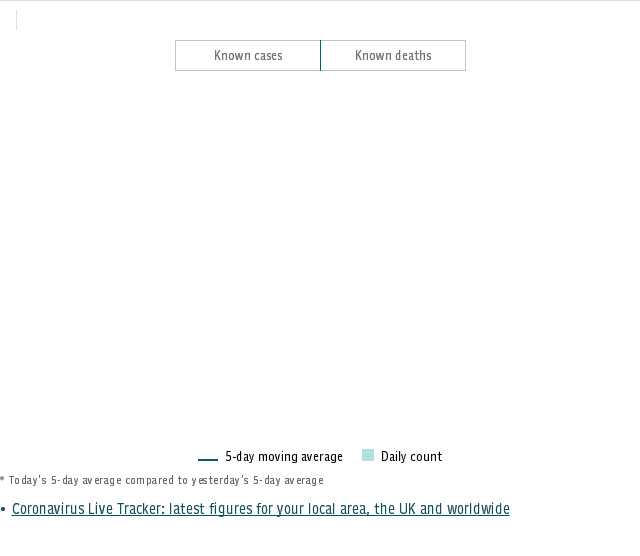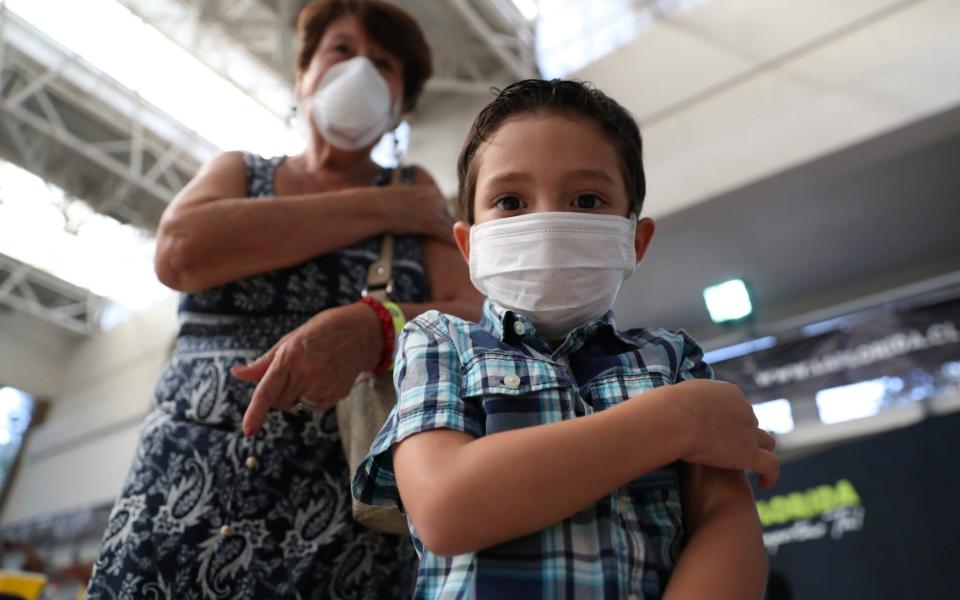Spectre of flu: Could there be a ‘double whammy’ of Covid-19 and influenza?


As the winter flu season descends on parts of Latin America, experts are concerned that overstretched healthcare systems already struggling to cope with raging coronavirus outbreaks could be pushed to the brink.
Last week the region hit a grim milestone: confirmed Covid-19 cases surpassed two million, with little sign of slowing down soon. In several of the worst hit countries, including southern Brazil, Chile and Argentina, this time of year typically brings seasonal influenza outbreaks.
“Imagine a country that already has more than 80 per cent of intensive care unit beds filled with patients – imagine if that country in addition receives patients with severe acute respiratory infection related to influenza,” said Dr Sylvain Aldighieri, deputy director of health emergencies at the Pan American Health Organization (PAHO), the regional office of the World Health Organization (WHO).
“This would be very hard on the health services… it would add a new layer of complexity,” he added.
These fears of a ‘double whammy’ of flu and coronavirus have so far not been realised. And according to the latest PAHO influenza report, the number of flu cases detected in Latin America’s most southern countries have actually been “low and below the seasonal levels”.
Dr Aldighieri told The Telegraph that this is partly because unprecedented lockdowns introduced to stem the coronavirus outbreaks have also limited the spread of flu. But he said that when these measures lift, influenza cases could also rise.

“There could be a surge as influenza virus is still circulating, though at low levels,” Dr Wenqing Zhang, head of the WHO Global Influenza Programme, added. “That is why WHO recommends countries to keep vigilant, sustain influenza surveillance and detect emerging influenza virus strains of public health importance earliest possible.”
But he also said that limited flu transmission could be a result of competition between viruses. Pathogens exist in relation to one another - sometimes the presence of one prevents the ability of another to spread.
“Extremely low influenza activity was also seen in 2003 in parts of the world during Sars coronavirus outbreak,” Dr Zhang said. “But 2003 to 2004 was a severe influenza season.
“At the moment, Sars-CoV-2 virus is the predominant circulating virus, over influenza and other respiratory viruses.”
But this should not make countries complacent, he insisted, and governments should focus on ensuring that vaccination efforts are not disrupted or suspended due to the pandemic.
Countries have heeded these warnings, according to Ana Paula Sayuri Sato, a professor of epidemiology at the University of São Paulo. In Brazil health officials have introduced a range of strategies to minimise contact - including “drive through vaccinations”.

“[This took place] in the vehicle itself, without people having to get out of the car and enter health services,” said Dr Sayuri Sato. “Vaccinations were also carried out at different stages in order to protect the target groups. For example, initially only the elderly (aged over 60 years) and health professionals were vaccinated.”
This list was later expanded to include, among others, those with chronic diseases, indigenous groups, truck drivers, pregnant women and children.
Dr Sayuri Sato said vaccination coverage varied according to group - while almost 100 per cent of health professionals and the elderly had received a jab, this figure fell to about 60 per cent among pregnant women and children.
Other parts of the continent have deployed similar initiatives to boost coverage and reduce the risk of flare ups. In Buenos Aires, Argentina’s capital city, officials have created 82 flu shot hunts by converting schools, daycare centres and churches. Health workers have also carried out home visits to minimise crowds at hospitals.
And according to data collected by Reuters, the number of flu shots in Uruguay this year has doubled compared to 2019, while in Chile 95 per cent of the high-risk population has been vaccinated.

But Dr Aldighieri said he is concerned that the upcoming influenza season in Central America could wreak havoc on generally weaker health systems where this level of preparation has not necessarily taken place.
“We are talking about countries that are less developed and with more challenges at this moment in coping with the pandemic,” he said.
“I’m thinking of Nicaragua, which is going through a strong pandemic and is the only government that has decided not to implement WHO recommendations. Also Honduras, El Salvador, Guatemala, they could all be hit.”
What happens in Latin America - as well as other countries in the southern hemisphere, including South Africa and Australia - will be watched closely by those in the northern hemisphere, where concerns are growing that health systems would be overwhelmed by any resurgence of Covid-19 amid winter flu season.
“This will be a lesson for how to prepare the countries of the northern hemisphere in the next flu season,” said Dr Aldighieri.
Protect yourself and your family by learning more about Global Health Security

